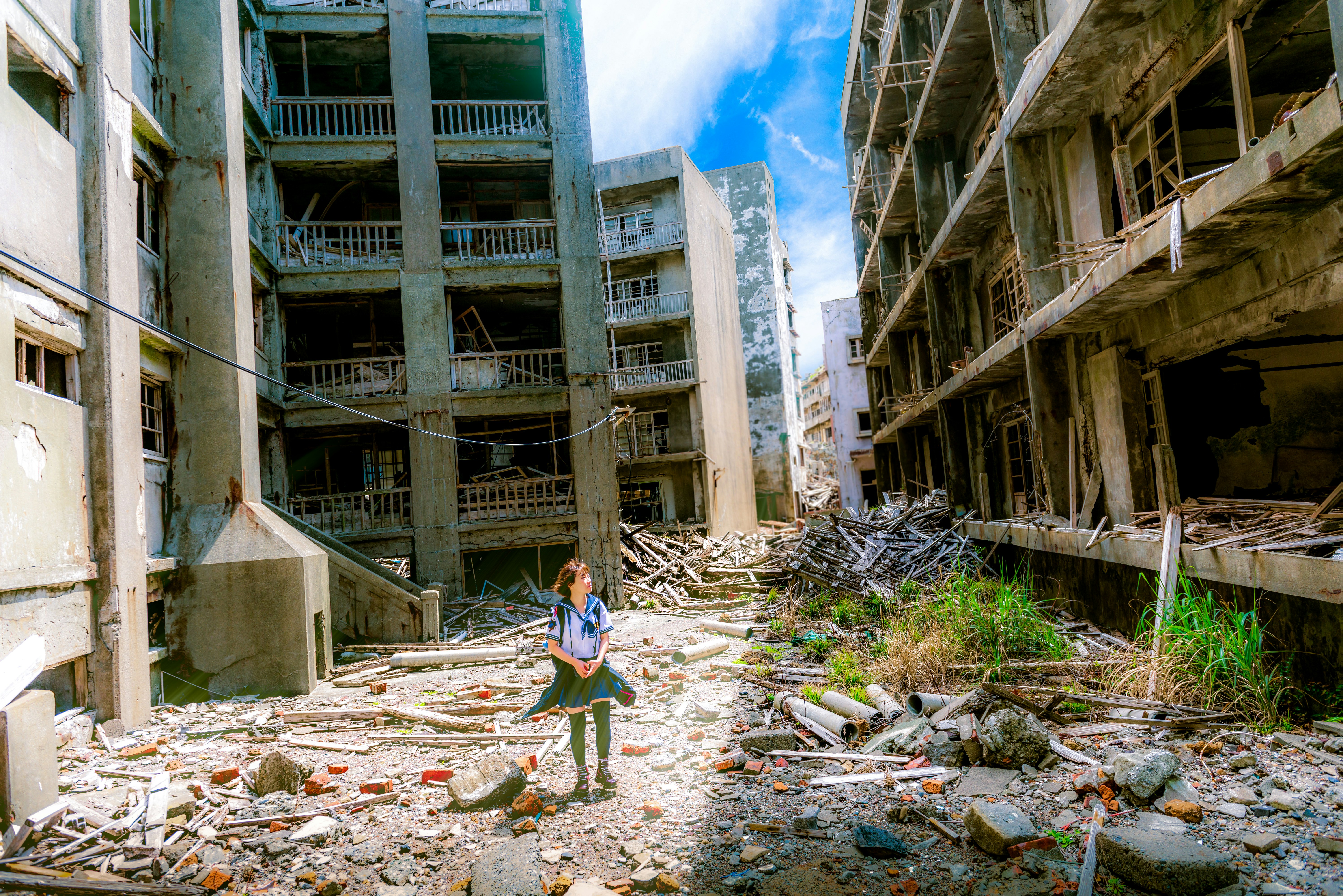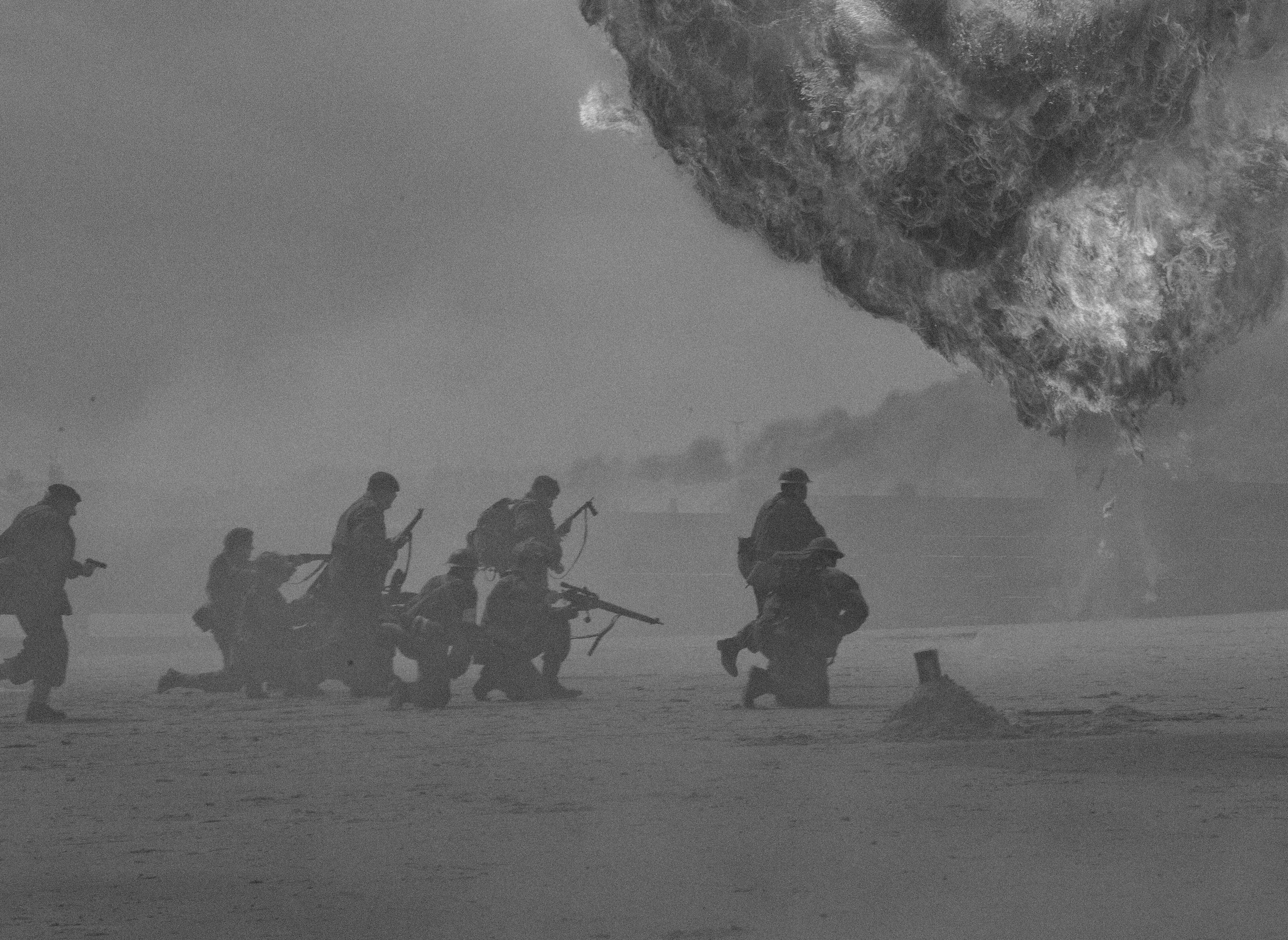The are many who believe the Israel – Palestine War is getting out of hand. The United Nations Security Council passed a U.S.-drafted cease-fire to end the fighting. But is the resolution binding on Israel?

About the Cease-Fire
President Biden finalized the cease-fire draft after almost a week of negotiations. It required at least nine favorable votes and no vetoes by countries (U.S., France, China, Russia, or Britain) that could send it back to the drawing board.
China and Russia had previously vetoed a Gaza cease-fire, saying it would encourage Israel to attack Rafah. The U.S. also vetoed draft resolutions for an immediate cease-fire. This time there were no vetoes.
“Today, we voted for peace,” said Linda Thomas-Greenfield, the U.S. Ambassador to the U.N.
Hamas Stance on the Cease-Fire
On May 31, Biden proposed a three-part plan to achieve a cease-fire and hostage release. However, Gaza launched a surprise attack on Israel after the proposal’s announcement.
With the authorization of the resolution, the U.N. is urging the Security Council to pressure Hamas into agreeing to the terms.
Hamas has responded, releasing a statement saying it “welcomes what was included in and confirmed by the Security Council resolution regarding a permanent cease-fire in Gaza.”
However, not all Hamas leaders are on board. Hamas military leader Yahya Sinwar has stated he is not on board to accept a deal from Israel. He hesitates to unite with the country because of the numerous Palestinian civilians killed during the Israeli rescue raid.
Despite pressure from Qatar and Egypt, the military leader has opposed a deal throughout the war. He may exhibit even more resistance to the current resolution.
Is the Resolution Binding on Israel?
Hamas shows division on the cease-fire. However, a more significant issue looms. Imminent obstacles may arise from Israeli leaders.
Prime Minister Benjamin Netanyahu seems determined to continue the Gaza invasion. A recent rescue of four hostages has strengthened his conviction. Reports state he is unlikely to agree to the cease-fire.
Legal experts say the resolution “is binding on Israel, but lacks implementing measures.”
Ahmad Al-Ashqar, a Public Law professor at the Arab American University, stated that if they based the resolution on the seventh Chapter of the U.N. Charter, it would have an implementable format. This chapter mandates using force against any state that disobeys a resolution.
However, the current resolution is based on the sixth chapter, which has no implementing format.
The professor also noted that if Israel does not accept the cease-fire, it will put the country in “an embarrassing position and may expose it to sanctions by countries.”
Three Phases of the Resolution

If both parties agree, the cease-fire will play out in three stages. Phase one will implement a complete cease-fire and a return of all hostages. Israel would also withdraw from Gaza and return Palestinians to their home.
Phase two includes a permanent end to all hostilities.
Phase three would mark the beginning of “a major multi-year reconstruction plan for Gaza.”
The cease-fire would continue throughout negotiations and the Gaza reconstruction.
What if Israel Does Not Accept the Resolution?
Secretary of State Antony Blinken states that one of two scenarios can play out if Israel does not accept the cease-fire. One, Israel will stay in Gaza, and it will be up to America to intervene. Or two, a significant insurgency will occur, leading to years of “chaos, lawlessness, criminality, jihadist groups, etc.”
Neither scenario is favorable.

